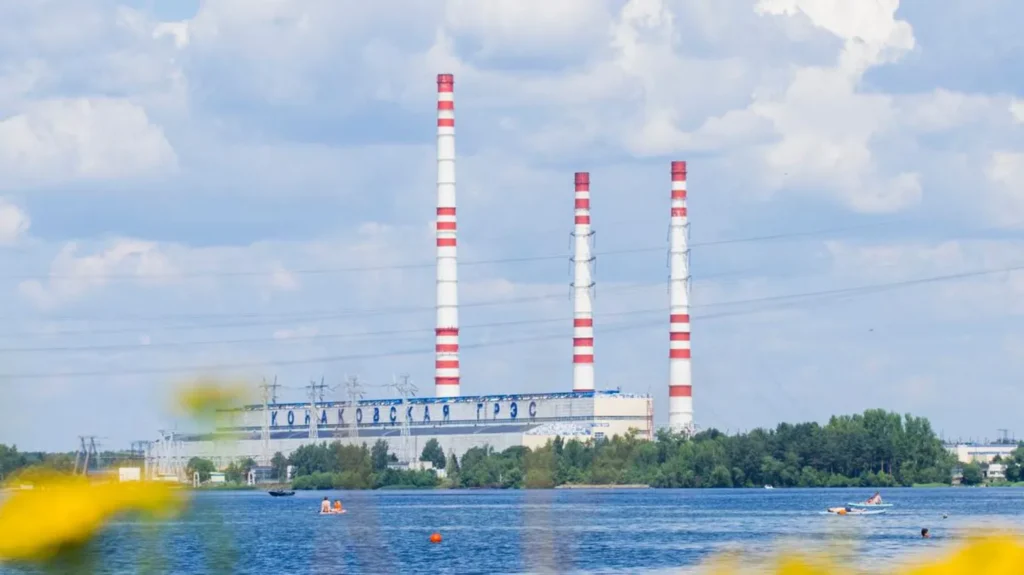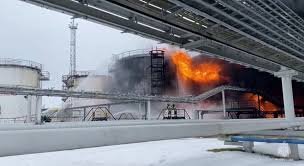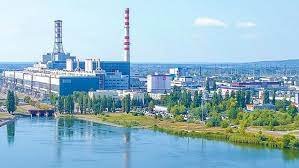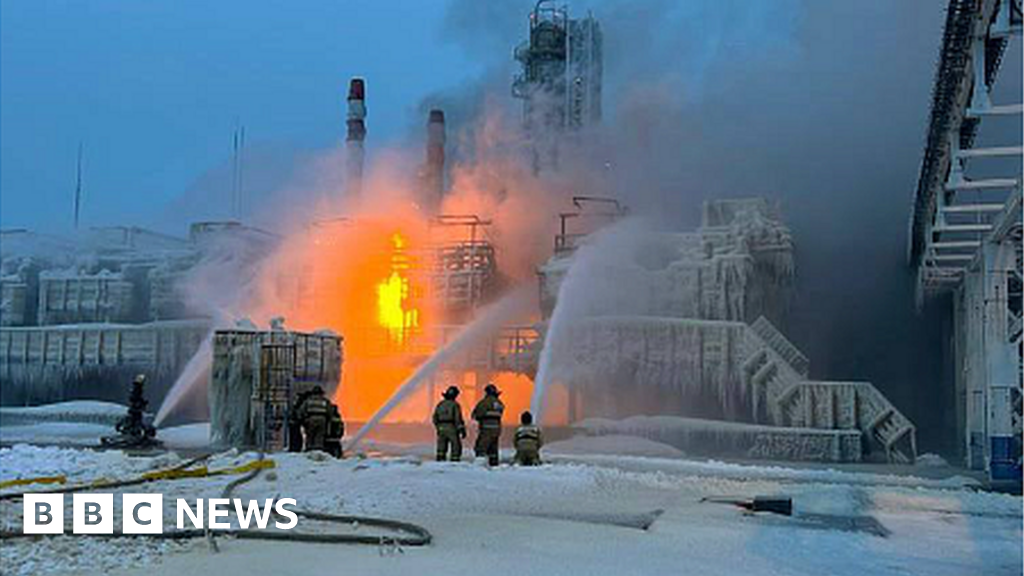In a dramatic escalation of the ongoing conflict between Ukraine and Russia, a series of drone strikes overnight have targeted key Russian energy facilities. These attacks have caused fires and damage, highlighting the escalating nature of the conflict and its impact on critical infrastructure. This article provides a detailed account of the recent attacks, their consequences, and the wider implications for the region.

Escalation in drone strikes
In the latest development in the Ukraine-Russia conflict, Ukraine has launched a coordinated series of drone strikes across Russia. The scale and precision of these attacks reflect a significant escalation in the conflict. According to the Russian Defense Ministry, these operations involved more than 158 Ukrainian drones, which targeted fifteen regions across the country, including the Russian capital Moscow.
The widespread use of drones represents a shift in the tactical approach of Ukrainian forces, reflecting their growing capabilities and strategic ambitions. The attacks were reportedly aimed at disrupting key infrastructure and demonstrating Ukraine’s ability to strike deep into Russian territory.
Fires at Russian energy facilities
Drone attacks have had a notable impact on Russia’s energy infrastructure. One of the most significant incidents occurred in Moscow, where an oil refinery caught fire. Moscow’s mayor, Sergei Sobyanin, reported that the fire was confined to a “separate technical room” within the refinery. Although the specifics of the damage are still unclear, the incident underscores the vulnerability of critical infrastructure to such attacks.

In addition to the fire in Moscow, another notable attack occurred in the Tver region, about 75 miles (120 kilometers) from the capital. Russian media reports indicate that explosions were heard near the Konakovo power station, which later caught fire. The region’s governor, Igor Rudenya, confirmed that the fire in the Konakovsky district had been brought under control, but he did not provide further details about the extent of the damage or the specifics of the attack.
Russian response and military claims
In response to the drone attacks, the Russian military has claimed that many incoming drones were intercepted and destroyed before they reached their targets. The Ministry of Defense has been vocal about its efforts to counter drone attacks, emphasizing the effectiveness of its air defense systems in minimizing damage from attacks.

However, despite these claims, fires at the oil refinery and power station indicate that some drones were able to penetrate Russian defenses and cause significant disruption. The impact on the targeted facilities highlights the challenges Russia faces in securing its energy infrastructure from increasingly sophisticated and aggressive attacks.
Regional and local implications
The recent attacks have raised concerns about broader implications for the region. The targeting of energy facilities is particularly significant as it underscores the strategic importance of these sites in the ongoing conflict. Disruptions to energy production and distribution could have far-reaching effects on both the local economy and the broader stability of the region.
In Moscow, a fire at an oil refinery has led to a heightened state of alert and emergency response efforts. Local authorities are working to minimize damage and assess the full impact of the attack. The situation has also prompted a review of security measures at key infrastructure sites in the city and surrounding areas.
In the Tver region, a fire at the Konakovo power station has similarly led to a reevaluation of emergency response actions and security protocols. Despite the limited details, the governor’s acknowledgement of the fire incident reflects the severity of the incident and ongoing efforts to address the situation.
The broader context of the conflict
The recent drone attacks are part of the broader and escalating conflict between Ukraine and Russia. Since the beginning of the conflict, there have been multiple rounds of gunfire, territorial disputes, and strategic maneuvers by both sides. The use of drones represents a new dimension to this conflict, adding a layer of complexity and unpredictability to ongoing hostilities.
Ukraine’s ability to conduct drone attacks into Russian territory reflects its growing military capabilities and determination. The attacks on energy infrastructure are likely aimed at disrupting Russian operations, undermining its economic stability, and demonstrating Ukraine’s resilience and strategic innovation.
For Russia, these attacks highlight the challenges of defending against non-traditional threats and the need to adapt its defense strategies to address evolving tactics. These incidents also underscore the vulnerability of critical infrastructure to modern warfare techniques, including drone technology.
